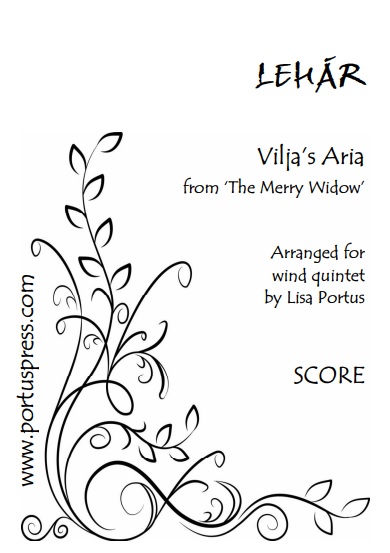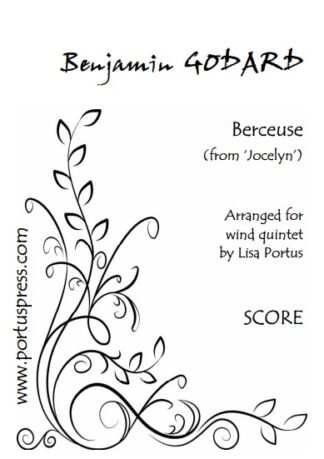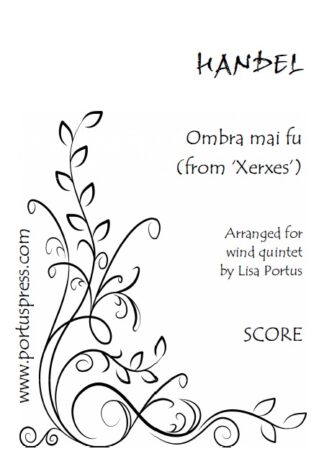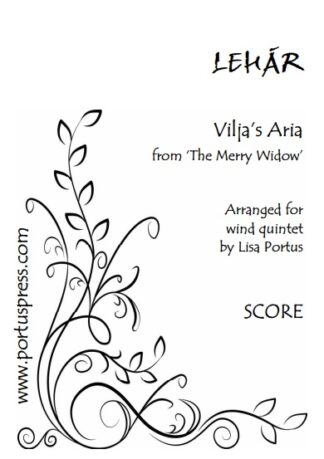Description
The Merry Widow (Die lustige Witwe) (1905) is a comic operetta by the Austro-Hungarian composer Franz Lehár (1870-1948). The story is about a rich widow and her countrymen’s attempt to keep her money in the principality by finding her the right husband.
The operetta was a success and has enjoyed lasting popularity. However, the operetta came under some suspicion in the years following World War II. The Merry Widow was a favourite of Adolf Hitler’s and he frequently requested performances during his reign over the Third Reich, with productions financed with government subsidies. Ironically, both of the operetta’s librettists were Jewish, as was Lehár’s wife, but Hitler declared her to be an honorary Aryan, assuring her safety from persecution. After the war, Lehár protested that he was apolitical and had no control over Hitler’s tastes, but because he had profited financially (and personally) from the association, his reputation was damaged.
Vilja’s Aria is one of the operetta’s best-known numbers. It is an old Pontevedrin song sung by the titular character (Hanna Glawari), telling the story of a legendary Maid of the Woods, Vilja, who does not return the love of a huntsman.






